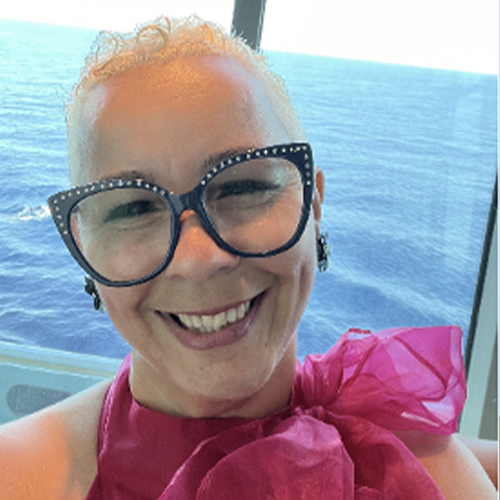
Ina M. |
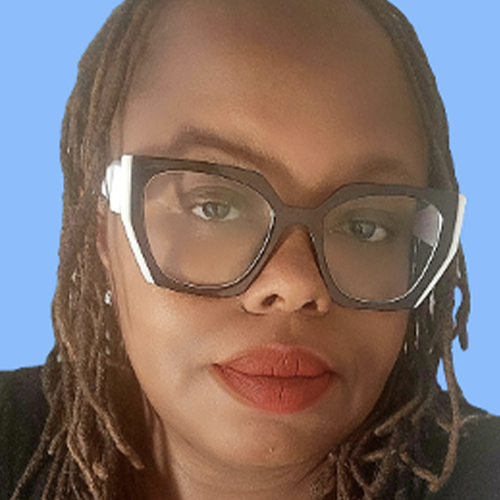
Jacquean K. (JK) |
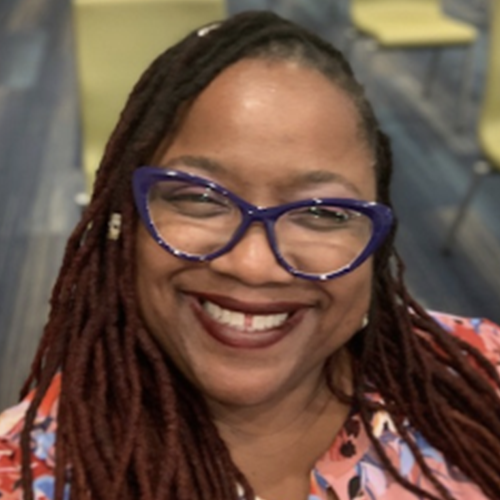
Tammie S. |
| Ina’s mission is to enhance the quality of life of individuals affected by diabetes. | Jacquean aims to promote diabetes awareness and education and the importance of self-advocacy. | Tammie is passionate about assisting others as they navigate their T2D journey. |
Type 2 Diabetes (T2D) is a growing health concern that affects millions of people across the United States and is particularly prevalent among Black communities. In a recent interview, we spoke with three individuals from diverse backgrounds who shared their personal journeys with T2D: Ina (program manager), Jacquean (licensed therapist), and Tammie (rating specialist).
These women shared their stories while shedding light on the daily struggles, triumphs, and the critical importance of diabetes awareness, education, and self-advocacy. They are empowering examples of how advocating for yourself can help you thrive with T2D.
Black Health Matters: Tell us a bit about your initial response or thoughts to receiving your T2D diagnosis.
Ina: I was diagnosed twenty-two years ago around my birthday during a routine office visit with my general practitioner. My A1c was around 14%. My mother died from complications related to T2D, so I knew about the disease and most of the women in my family had it, however we weren’t having conversations about it. I knew I wanted to live a long, successful life and I want to see my daughter and granddaughter get married.
JK: I also went to see my doctor for a routine visit. It was around my 26th birthday. My A1c was checked, and I was diagnosed with T2D. I am not exactly sure what my A1c was at diagnosis, but I think my earliest documented A1c was between 8-9%. I was surprised but also not surprised by the diagnosis. Surprised because I was so young, not surprised because I had a lot of people in my family living with T2D including my father and grandmother. What really triggered change was that I decided I was ready to have a baby. My desire to be a mother outweighed my thoughts and fears.
Tammie: I was diagnosed in 2015, and I had all of the textbook symptoms. My A1c at diagnosis was I think 13.1% and I remember thinking that was impossible because I was active, I walked all the time. So, I was really shocked and I didn’t know the first thing about diabetes management.
Black Health Matters: What resources were provided to you at the time of your diagnosis? Did you feel like you have the tools and information needed to begin your journey with T2D?
Ina: I didn’t have many resources initially. I remember going home after my appointment and feeling like I didn’t really know where to start or how to change my lifestyle to ensure I made appropriate changes, especially with my diet. I didn’t know anything about cutting carbs and sugar or what I could or shouldn’t eat. This really motivated me to do some research of my own and advocate for myself. I eventually decided to see an endocrinologist which is a doctor that specializes in conditions like T2D.
JK: I had no idea diabetes was caused by an issue with the pancreas, but I learned so much from my own personal research and also from the T2D online community. Initially my general doctor encouraged lifestyle changes until I had time to speak with a nutritionist, however meeting with the nutritionist was not helpful to me. In general, I found that nutritionists were difficult to work with different ethnicities and cultures, especially given my West Indian background and carb-heavy diet. When I expressed my desire to get pregnant, my OB informed me that my numbers were not good enough for me to have a baby but didn’t provide much additional support. I did find the endocrinologist to be helpful.
Tammie: My doctor gave me a pamphlet and told me to try to eat less. I had no idea where to start or what she meant by “less”. I asked for some more tips at my follow up appointment and was given another pamphlet. The nutrition suggestions didn’t really match my lifestyle from a cultural perspective. It had things like quinoa and ancient grains. I don’t get that in my neighborhood. I ended up finding an online community of people like me living with T2D and it changed everything. I did end up seeing an endocrinologist on my own which was beneficial. I also met with a nutritionist which was somewhat embarrassing because of the huge cultural disconnect.
Black Health Matters: Do you do any type of routine physical activity or exercise? What does that look like for you?
Ina: I go to the gym now, but I started off walking and jogging until I could reach 1 mile. I knew I had to get up, get out, and get moving. And I actually made that a hashtag on my social media and continued to progress and do more. I do various fitness classes and try to switch up so I don’t get bored.
JK: Find something you actually like to do to stay active because you will stick with it. I don’t like going to the gym, but I do like to swim so I do that a few times during the week and also participate in fitness classes. It really does positively impact my blood sugar.
Tammie: Typically, after meals I take a 15 minute walk. That helps regulate any spike in my blood sugar that may happen. Routinely, I walk 3 miles per day, and I also do yoga and lift weights.
Black Health Matters: You each seem to have found your groove with your day to day eating habits. What’s helped you most with eating healthier?
Ina: If I want something I’m going to have it. I may not have all of it because I know what it will do to my numbers, but if I want a honey bun, I’ll get a honey bun and cut it in fours and have one piece. Don’t let anyone tell you what you can’t have. It’s all about consuming in moderation.
JK: Meal prepping, carb counting, getting comfortable with my routine and knowing what works for me. In the last three months the addition of an injectable diabetes medication, using an insulin pump, and utilizing a continuous glucose monitor (CGM) to monitor my blood sugar has made a significant difference in my diabetes journey.
Tammie: I think the biggest change I’ve made is that I cut sugary drinks out completely. That was easy because it wasn’t a staple of my diet. I met with a diabetes educator who told me I didn’t have to dump all of my culturally recognizable foods in order to manage my diabetes and that was a game changer. I now portion and measure the foods I eat rather than completely cutting things out such as rice (which is something I could not go without). I still eat all of my staples like chicken, black eyed peas, beans, and cornbread in moderation.
Black Health Matters: Anything you would want someone newly diagnosed with T2D to know? Any misconceptions you want to address?
Ina: I would want anyone who is newly diagnosed with T2D to remember that moderation is key and insulin isn’t going to kill you. At one point, my endocrinologist mentioned insulin and I absolutely declined because I thought it was a last ditch effort, but really it can prolong your life and help you live a long healthy life with T2D.
JK: I would say that research is the name of the game. Do it and do it by yourself. You are able to eat what you like but in moderation. Ways to do this: decrease meal sizes, eat more fruits and veggies, drink more water. Also, insulin can be beneficial. There’s so much fear about insulin in the T2D community but it really worked for me. There are so many diabetes medications and what works for one person may not work for others.
Tammie: My advice to someone newly diagnosed is to take a deep breath. It’s fine, don’t panic. Ask questions. If something isn’t working for you, try something else. A major misconception is the complications associated with T2D. I remember thinking I would end up with amputations, kidney failure, and needing dialysis, but diabetes complications are absolutely avoidable.
Ina, JK, and Tammie all advocated for themselves and had access to resources, specialists, and specialized care which we know is not the case for everyone living with T2D. However, focusing on your why and making it your mission to learn more, advocate for yourself and connect with resources you do have access to makes a huge difference.



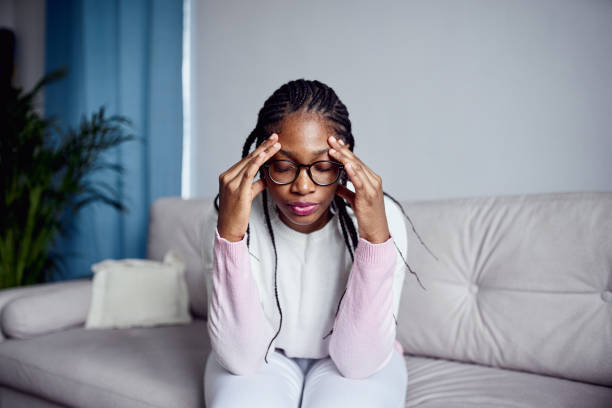

![Healthy Single-Serve Peanut Butter Protein Cookie [vegan + gluten-free]](https://i0.wp.com/healthyhelperkaila.com/wp-content/uploads/2024/12/img_4303-1.jpg?fit=1536%2C1536&ssl=1)





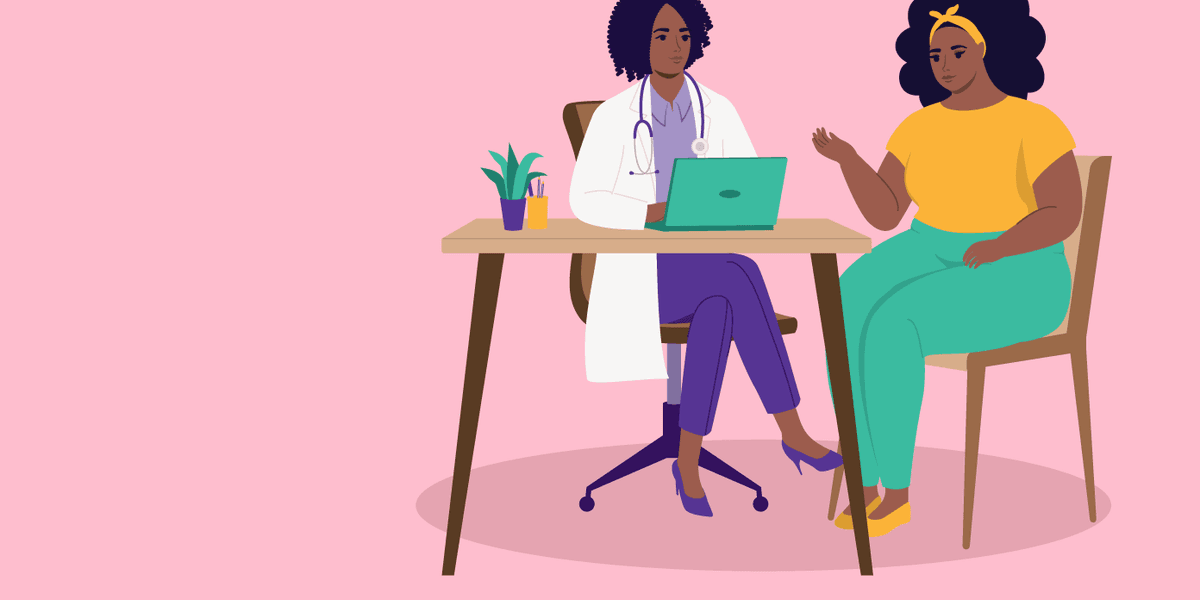

![Healthy Peanut Butter Banana Protein Pancakes [dairy-free + gluten-free]](https://i0.wp.com/healthyhelperkaila.com/wp-content/uploads/2024/11/PBBananaPancakesFEATURED.png?fit=1531%2C1536&ssl=1)

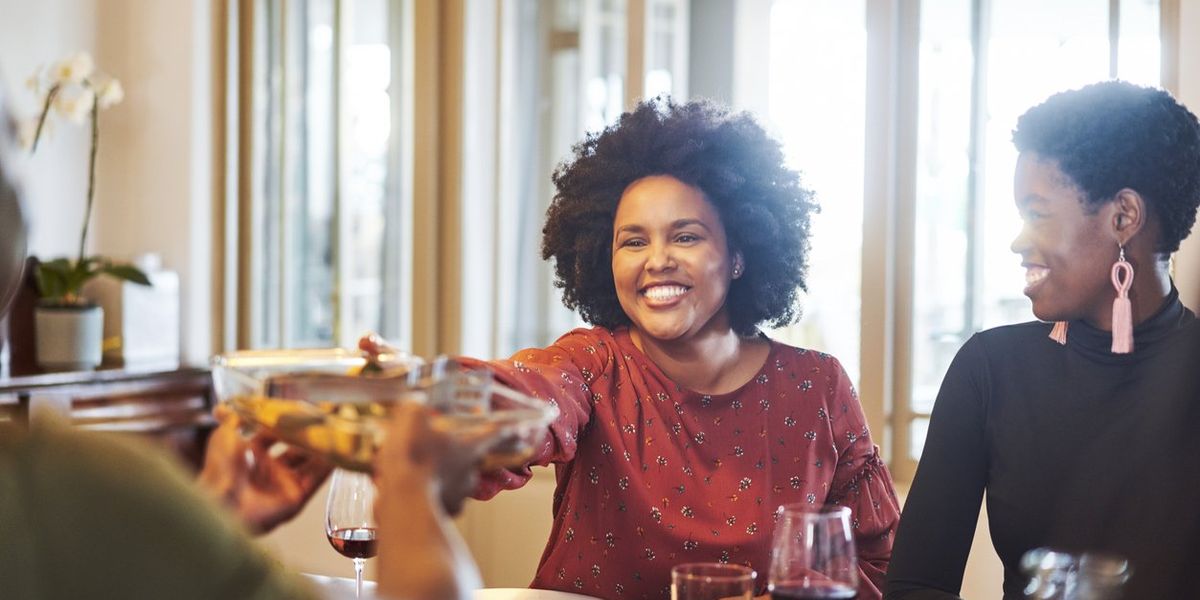



 English (US) ·
English (US) ·